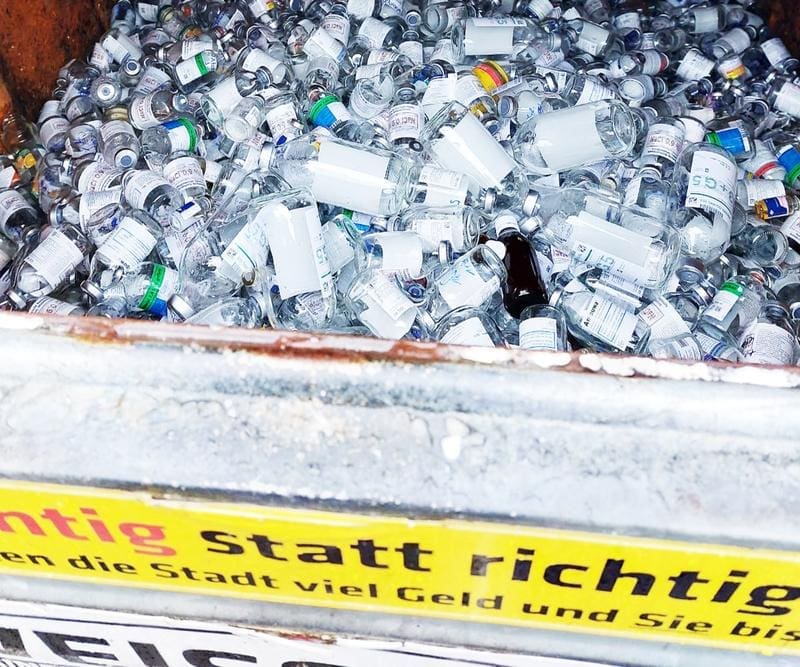First nationwide benchmark study on hospital waste promotes circular economy
Pforzheim University of Applied Sciences has published the first Germany-wide benchmark study on waste generation in hospitals. As part of the “Medical single-use products in the circular economy” (MEiK) project funded by the Federal Ministry for Economic Affairs and Energy, over 130 types of waste were recorded and evaluated at 122 hospital sites. The aim was to determine comparable key figures on the amount of waste in hospital operations in order to develop approaches for resource conservation and the circular economy in the healthcare sector.

The study shows that an average of 8.3 kilograms of waste is produced per patient and stay, of which 5.15 kilograms is residual waste, most of which is thermally recycled. In terms of hospital staff, this corresponds to around 340 kilograms of residual waste per full-time employee per year. 95.6% of medical waste consists of non-infectious material, 2.7% is infectious and around 1% is organ or body waste.
For the first time, the study creates a nationwide database that enables hospitals to compare their waste volumes and identify potential for improvement. This should protect the environment and climate and bring economic benefits. In future, it is planned to carry out the survey annually in order to support continuous optimization.
The MEiK project is led by Dr. JûÑrg Woidasky, Professor of Sustainable Product Development and Director of the “Circular Economy in Healthcare” research unit. The study was conducted as part of the doctoral thesis of Anton Vielsack, industrial engineer and doctoral candidate at Pforzheim University of Applied Sciences, which has held the right to award doctorates since 2024.
Further information:
Editorial office: X-Press Journalistenbû¥ro GbR
Gender note. The personal designations used in this text always refer equally to female, male and diverse persons. Double/triple references and gendered designations are avoided for the sake of better readability ected.




